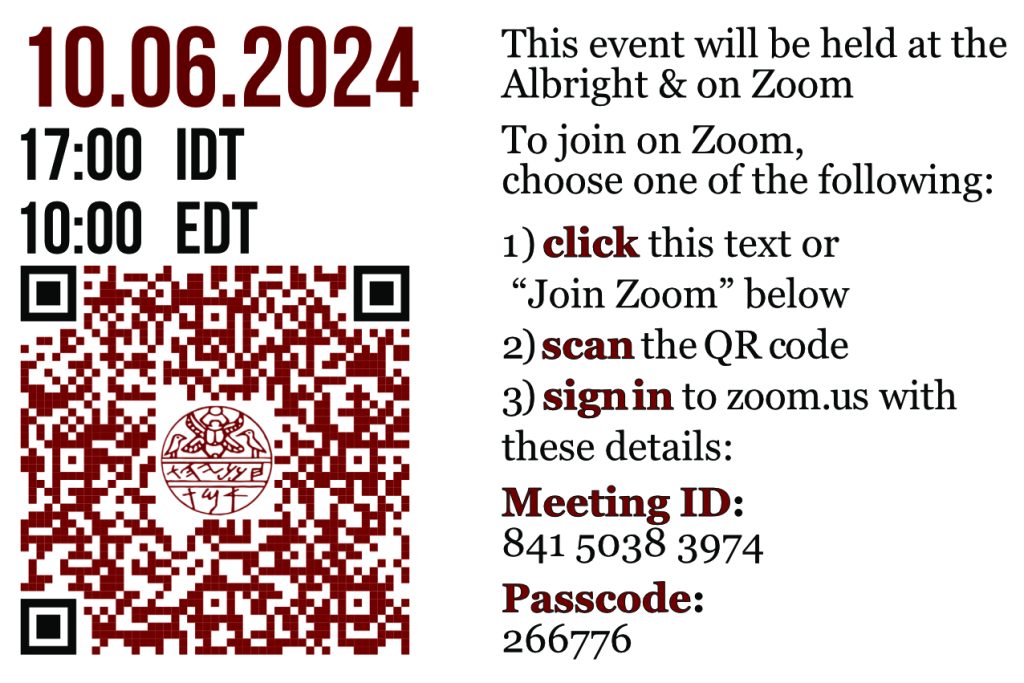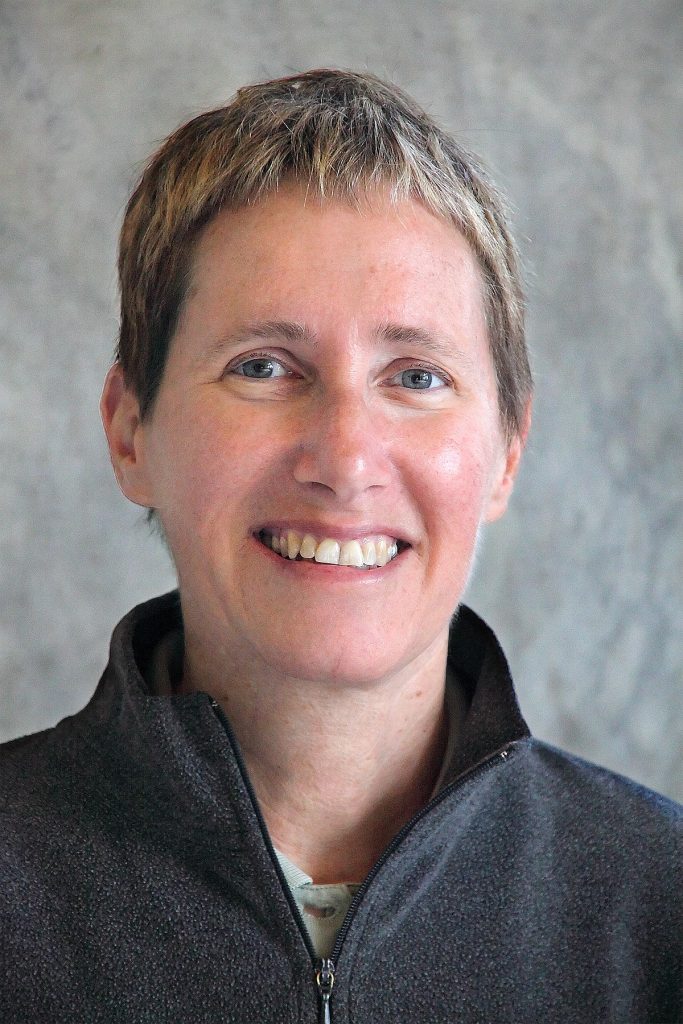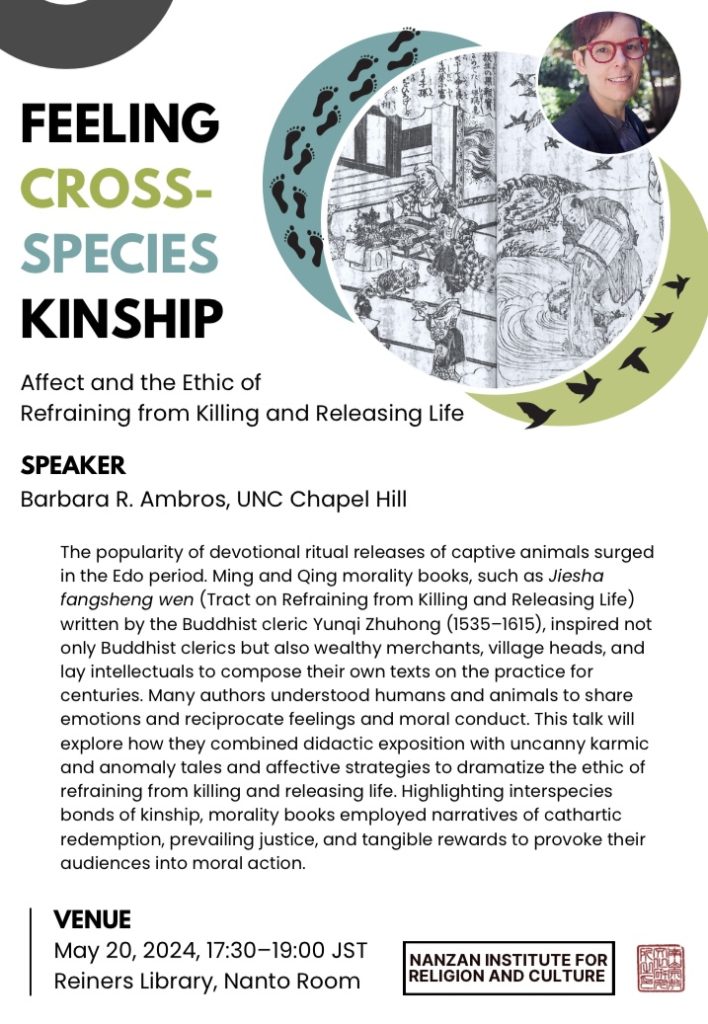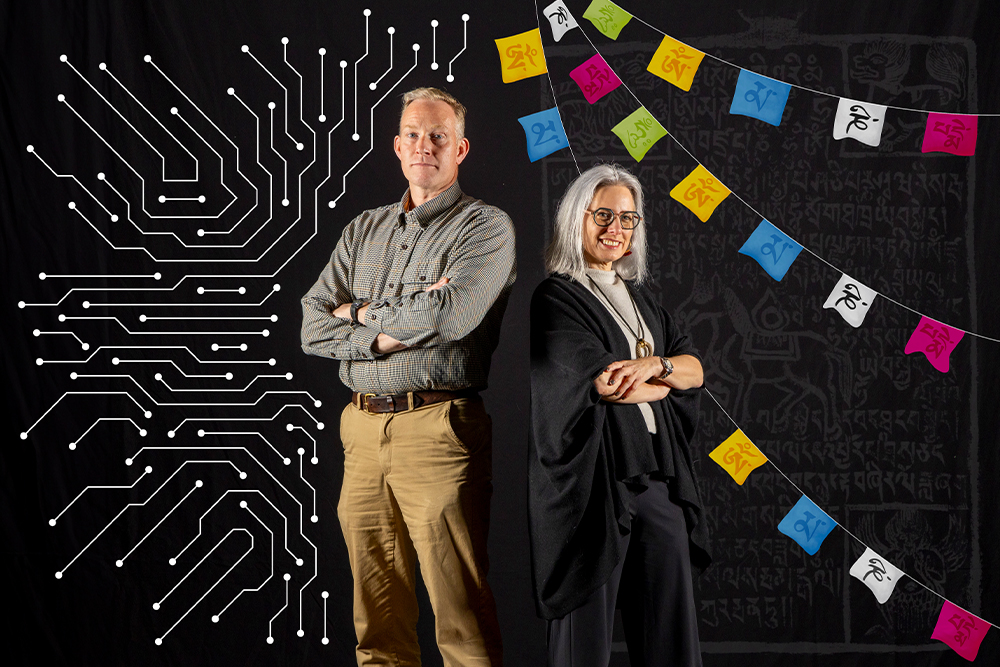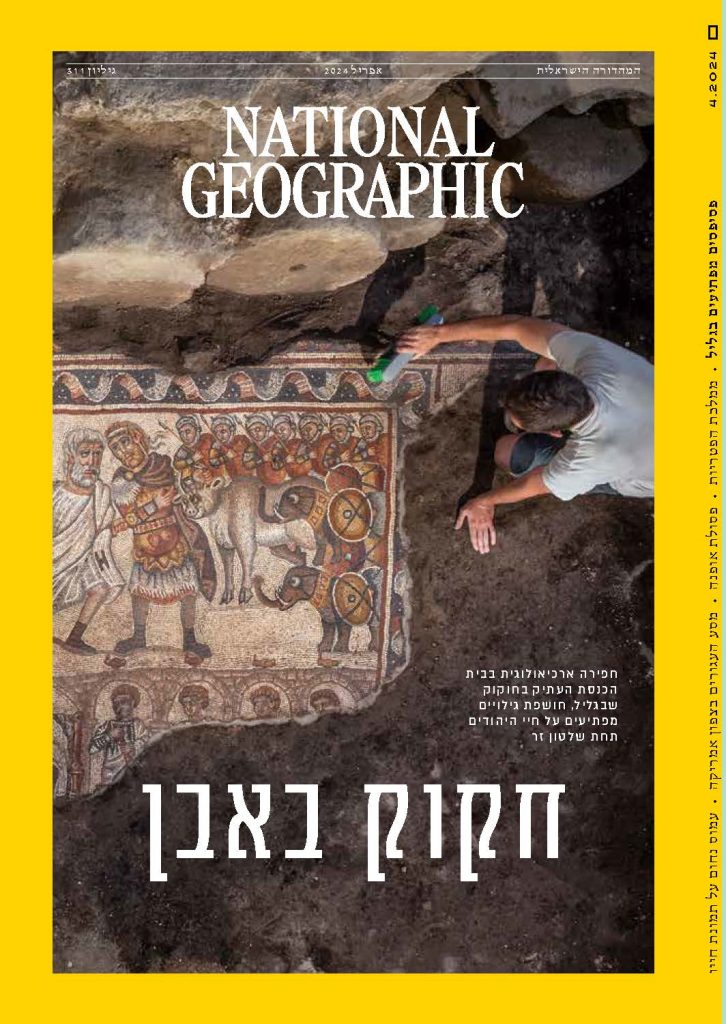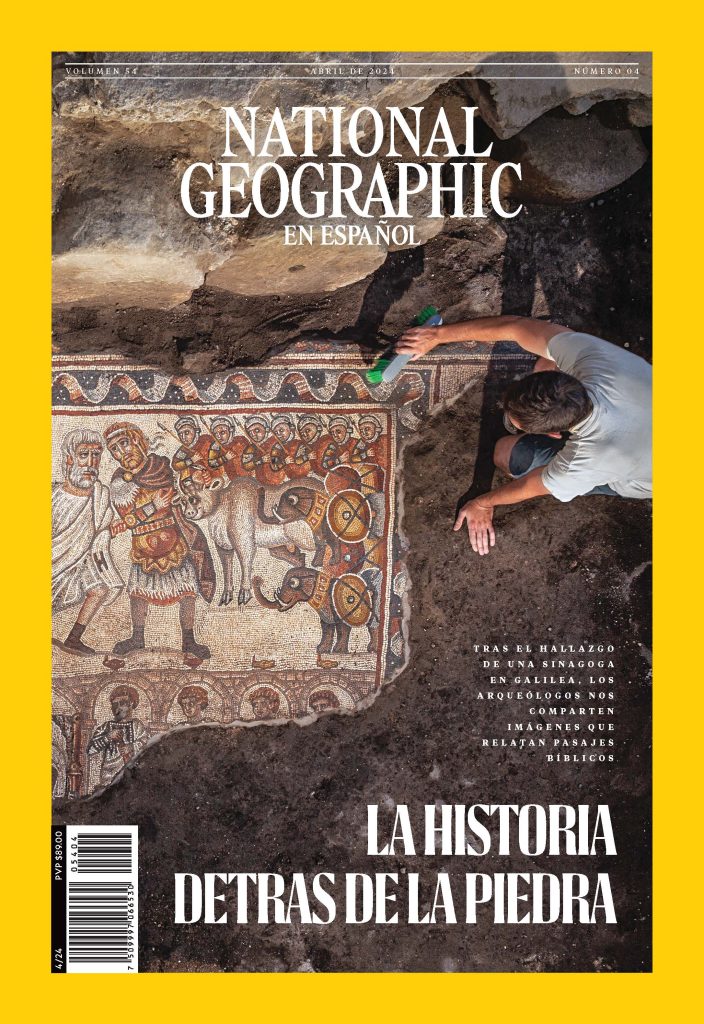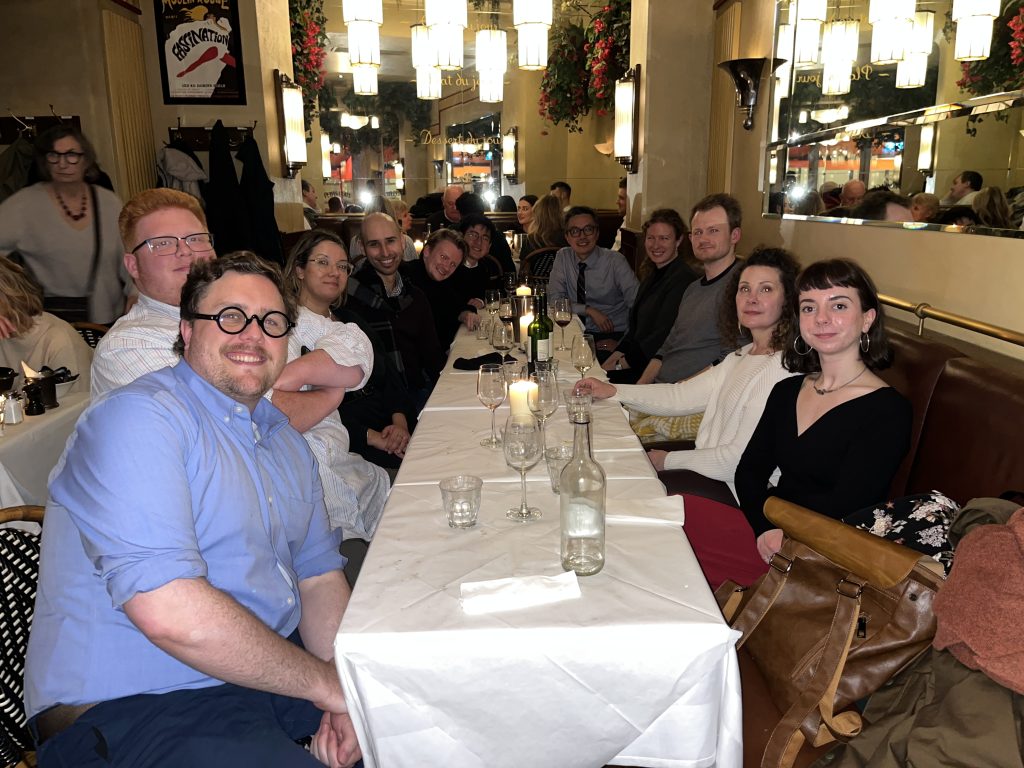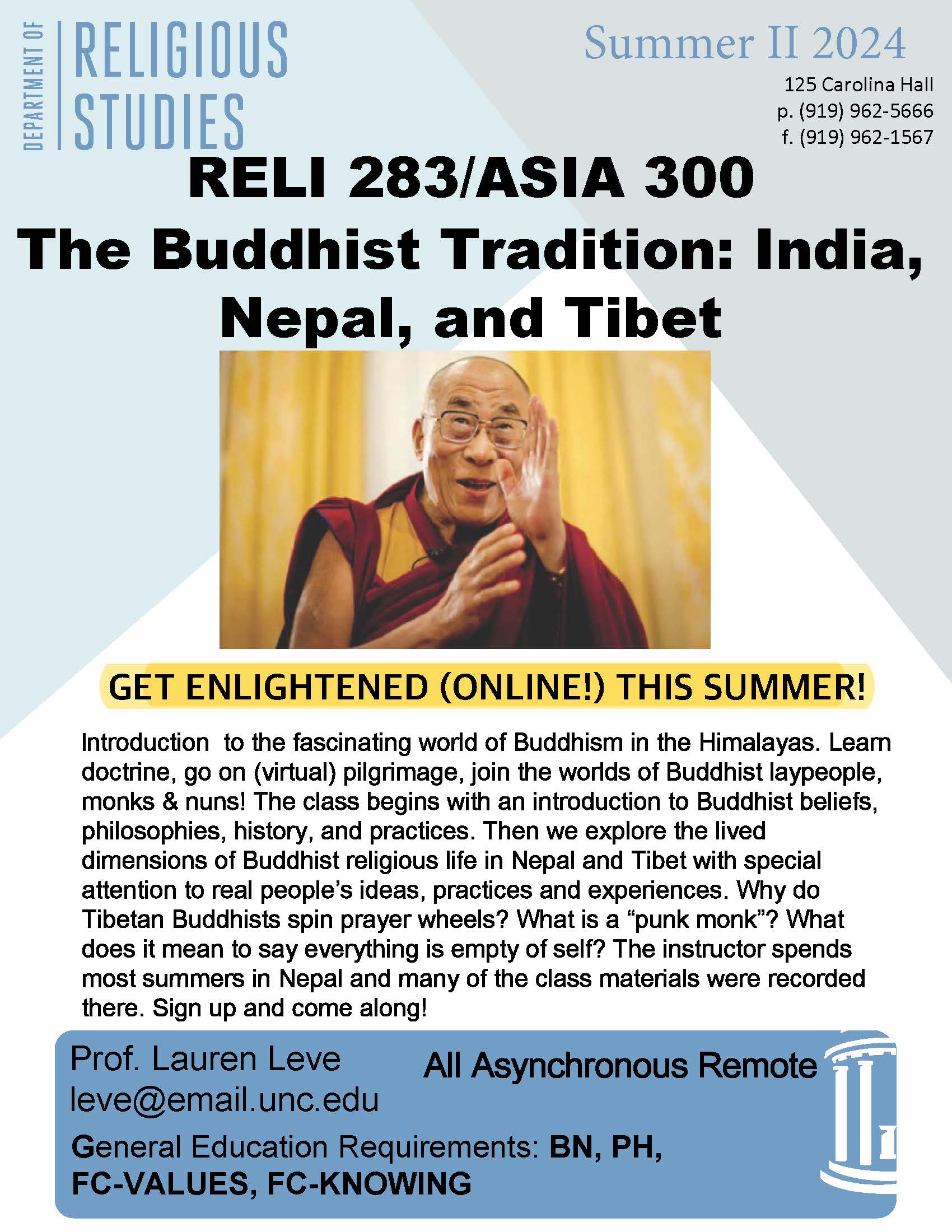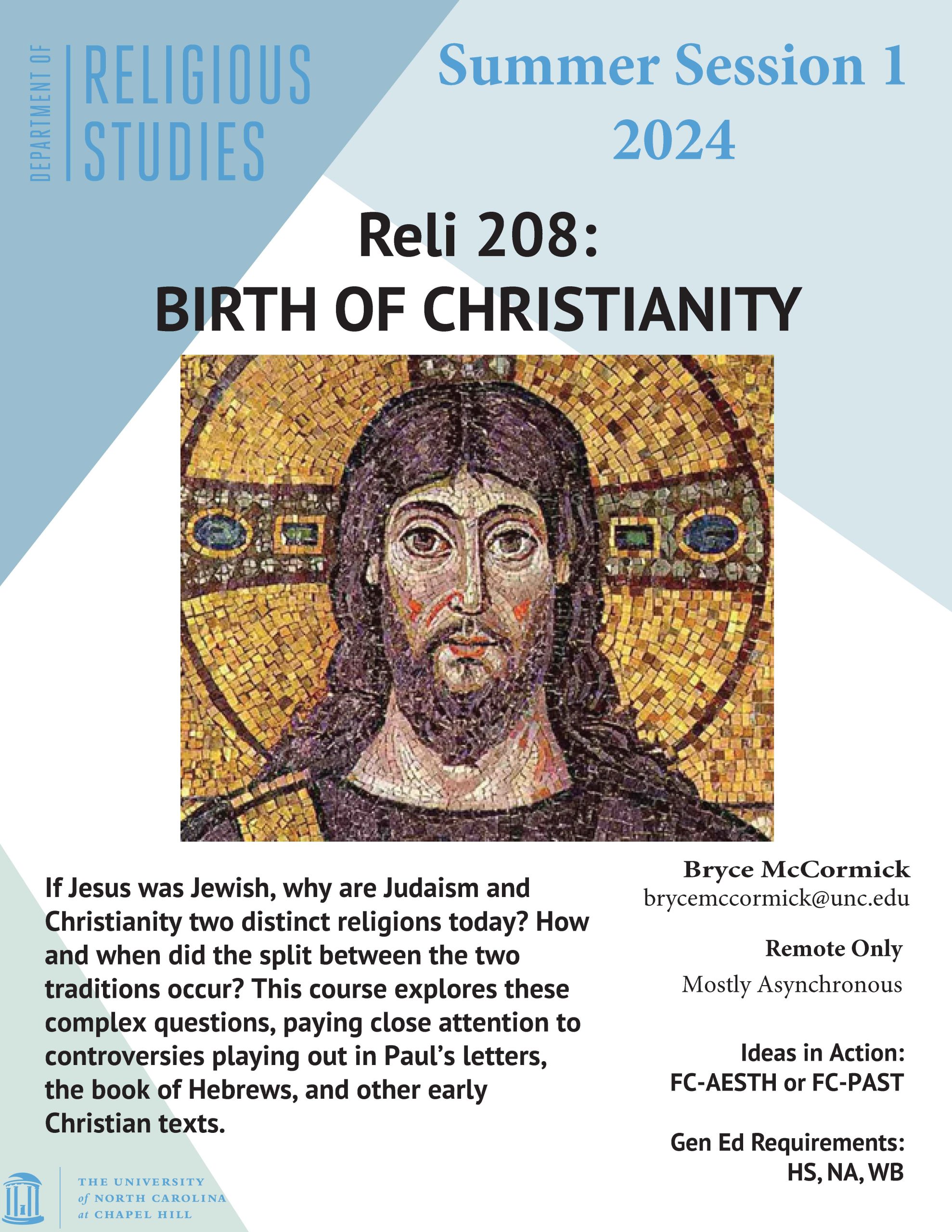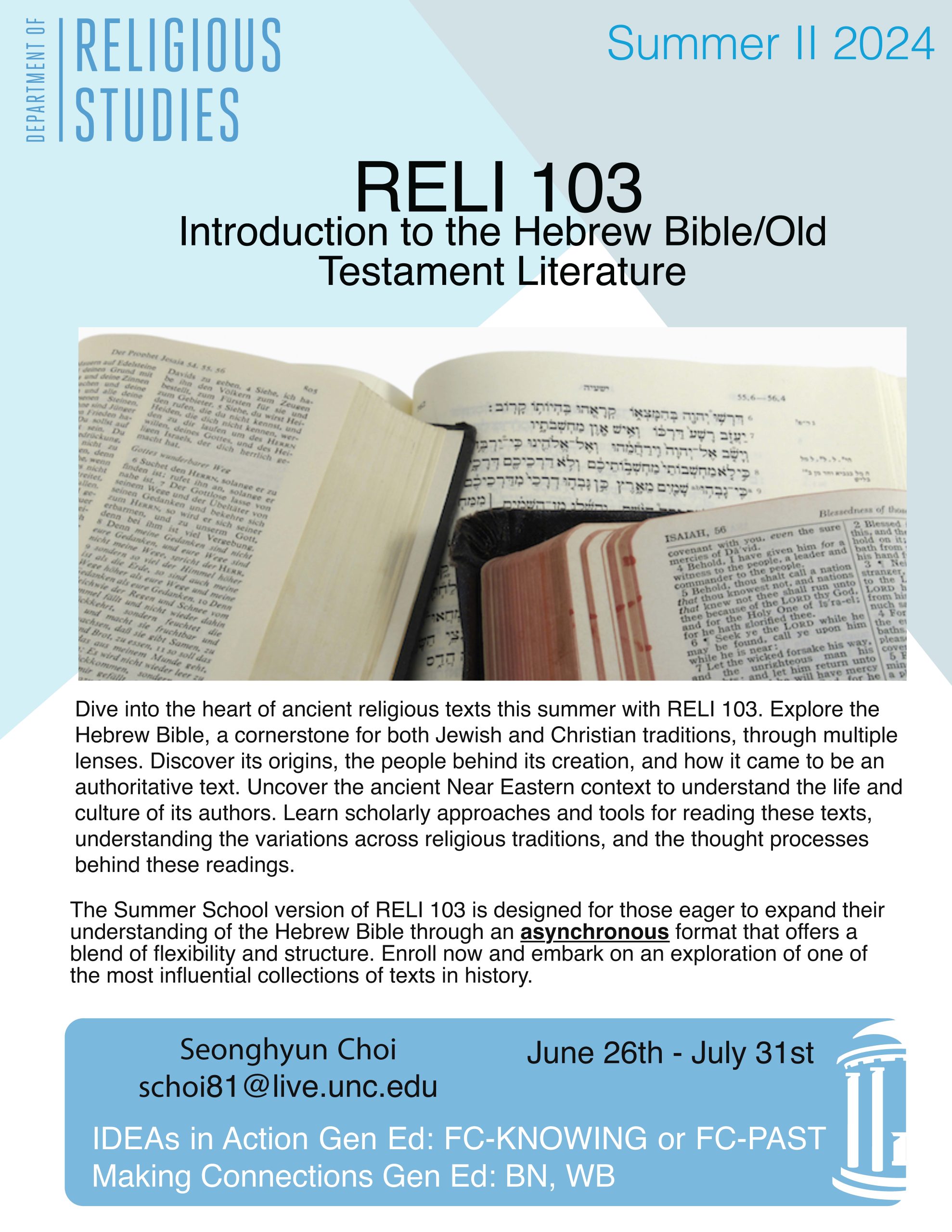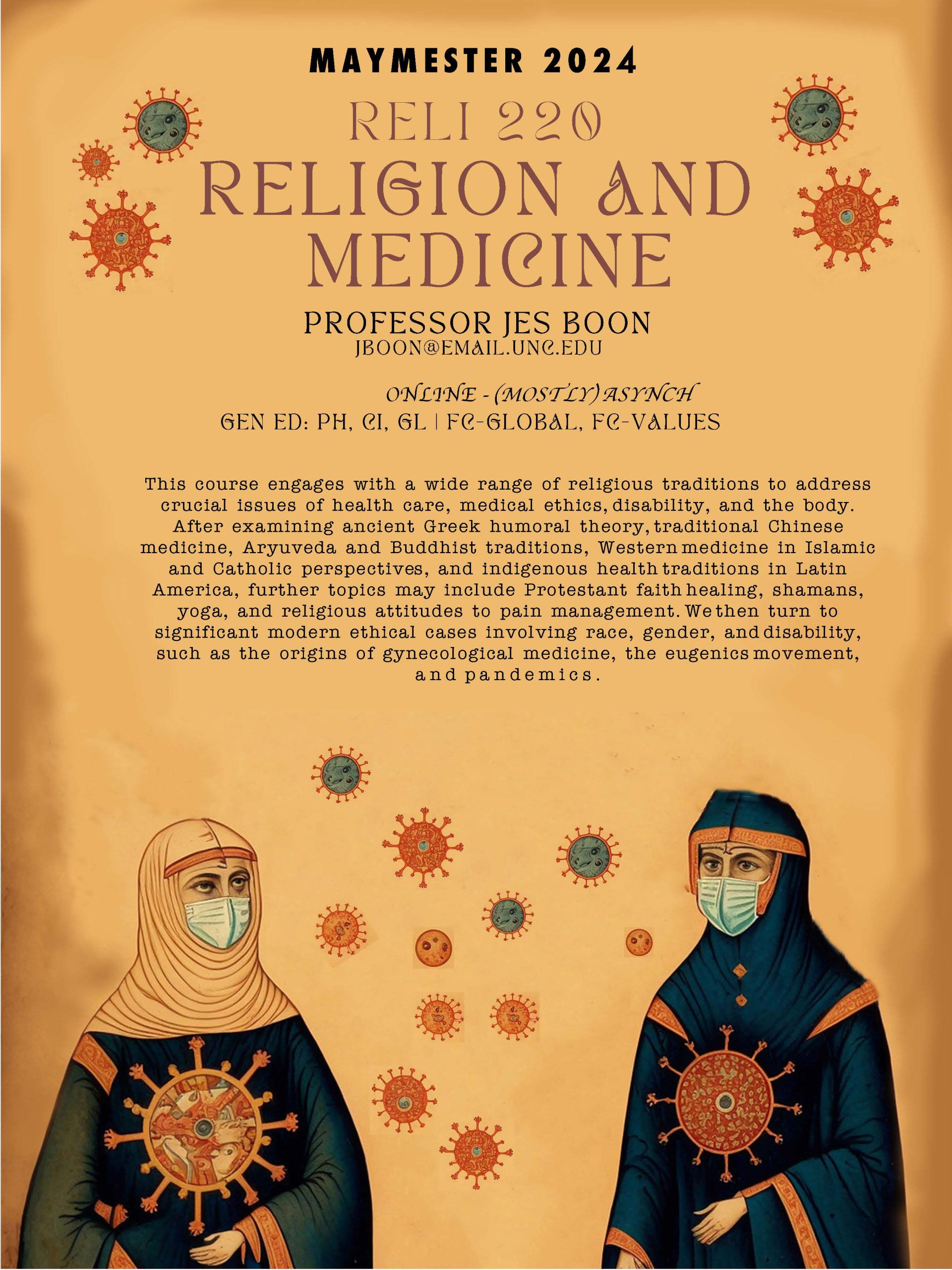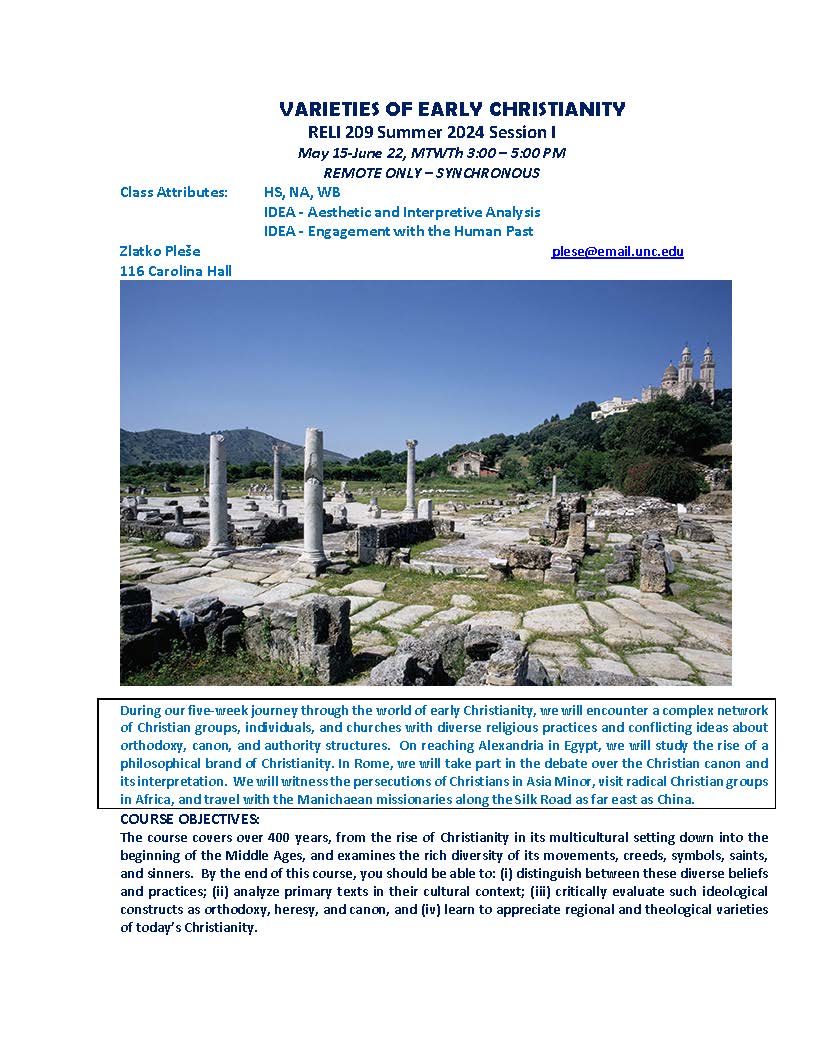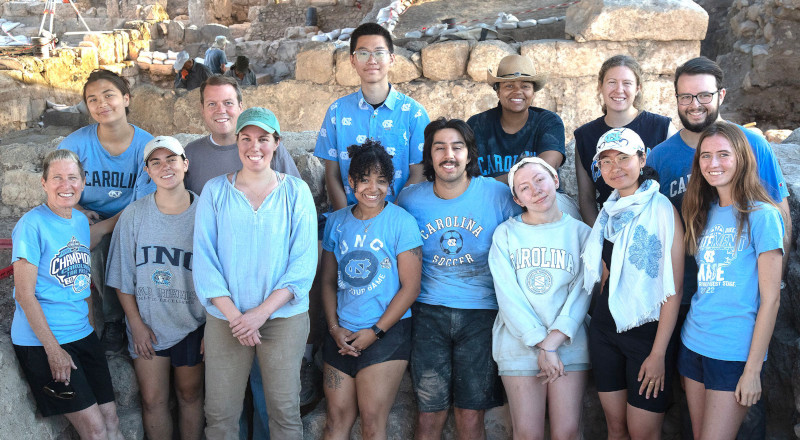On behalf of the Institute for Religion, Culture, and Public Life (Columbia University) the UNC Religious Studies program is excited to announce our very own Isaiah Ellis as the winner of the 2024 Claremont Prize for the Study of Religion for his work, Apostles of Asphalt: Race, Empire, and the Religious Politics of Infrastructure in the American South. The book will be published by Columbia University Press in IRCPL’s Religion, Culture, and Public Life series. Please be on the lookout for that upcoming book release!
Apostles of Asphalt: Race, Empire, and the Religious Politics of Infrastructure in the American South
– Isaiah Ellis
We usually imagine infrastructure as offering solutions to problems of mobility and political unification, but grand statements about the positive socio-economic change accompanying infrastructure development grate against renewed criticism of its role in empire-building, structural inequality, and segregation by design. Apostles of Asphalt explores infrastructure’s fraught but central role in the drama of American history by investigating the ideas at the root of the modern highway system. In the decades leading up to the first Federal highway bills of the 1920s, participants in a reform-minded movement for good roads laid the groundwork for a modernized, federally funded highway system. This “Good Roads Movement” was most impactful in the American South, where its advocates drew upon the language of moral reform and longer legacies of U.S. empire building to argue that white southerners had a moral burden to civilize American land by building public infrastructure. Southern road builders were uniquely successful in arguing for public infrastructure because they articulated their efforts as missionary, redemptive, and civilizing, not only on behalf of the nation but also to redeem and reinvigorate their Confederate past. Those rhetorical moves impacted the lives and work of government officials, engineers, and corporate agents, as well as the Black convict laborers and Indigenous pathfinders whose labor made modern roads possible. What the terms “missionary, redemptive, and civilizing” meant was not always straightforward or coherent, but it was their useful ambiguity, as well as their specific cultural resonance in the Jim Crow South, that proved to be roadbuilders’ most effective tool in advancing a national roadbuilding agenda. At its core, Apostles of Asphalt is about infrastructure’s contested rise as an emblem of the public good in the United States, and how American Christianity’s historical entanglement with race and empire continues to haunt American political and public life.
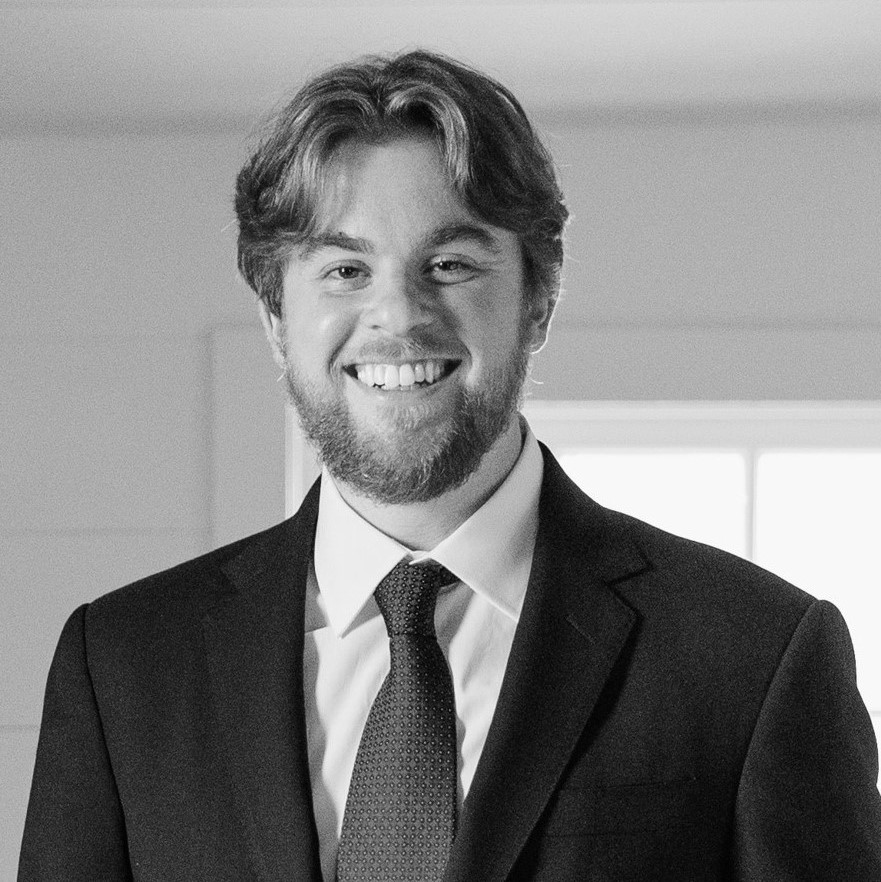
Isaiah Ellis is an incoming Assistant Professor of Urban Religions in the Department of Religious Studies at Southern Methodist University, in Dallas, Texas. He has recently served as an Arts & Sciences Postdoctoral Fellow at the University of Toronto, and in the coming year he will be a Robert M. Kingdon Fellow at the Institute for Research in the Humanities at the University of Wisconsin at Madison. He received his Ph.D. in Religion and Culture from the University of North Carolina at Chapel Hill.
Posted in News & Events on July 11, 2024. Bookmark the permalink.
